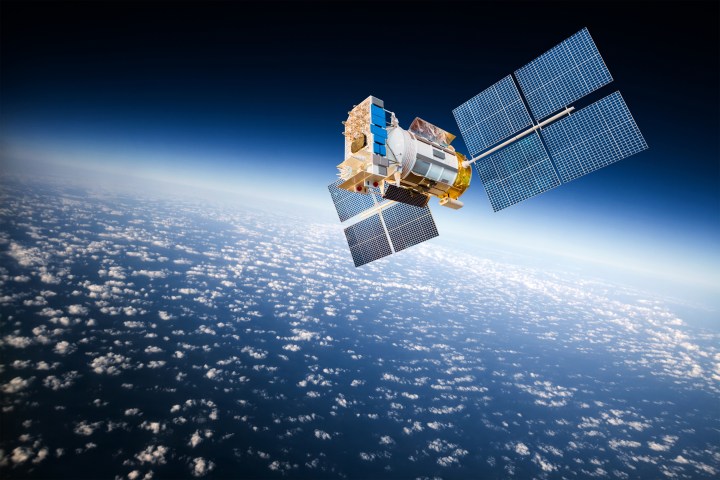
Facebook is working with Eutelsat to provide Internet access to sub-Saharan portions of Africa via Eutelsat’s new AMOS-6 geostationary satellite, which will cover West, East and Southern Africa. Amazingly, the satellite will deliver affordable broadband Internet using off-the-shelf consumer equipment for connectivity — so it’ll be easy and cheap to build more of these satellites in the future. Eutelsat is setting up a new company in London to oversee its African broadband business, while Facebook will work locally in Africa to deliver Internet service to rural communities. The satellite-based service is expected to go online in mid-2016
The African satellite project is part of Facebook’s broader Internet.org initiative which debuted in 2013. Through Internet.org, Facebook wants to connect the world by providing internet access to developing countries worldwide. When it launched, Internet.org was highly criticized for providing access only to Facebook and a handful of other web sites and services instead of the full, open internet. Available in countries such as India, Indonesia and Bolivia, Internet.org responded to critics by recently expanding its service to include any sites that meet Facebook’s development criteria.



